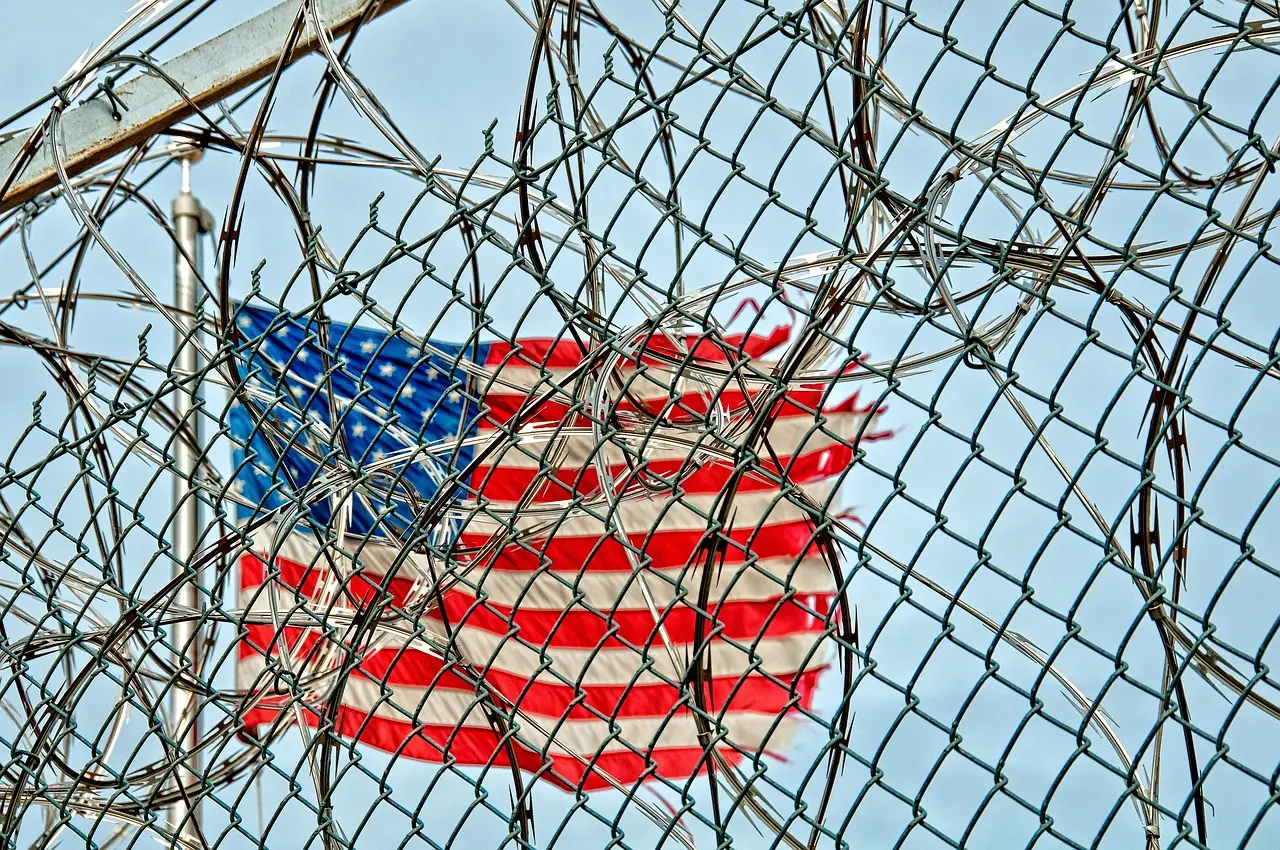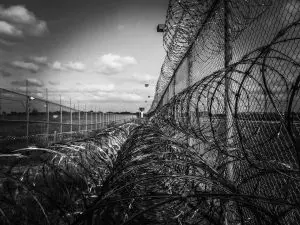
VA Benefits in Prison?
Did you know that you can receive VA benefits in prison? Did you know that the justice system incarcerates veterans with PTSD 60% more than their civilian counterparts? The justice system is full of veterans. As a result, it is important to understand how this affects your VA disability benefits.
Don’t I Lose My VA Benefits in Prison!?
Thankfully, the VA system does not remove you for a criminal conviction. However, the VA reduces disability for incarceration lasting more than 60 days. This rule only applies to incarceration for felonies.
Veterans serving time for misdemeanors do not see a reduction in disability payments. In addition, veterans incarcerated at a work-release, half-way house, or community release are eligible for full payments.
As a result, there is a significant financial penalty for a felony conviction that results in 60 days or more in prison. However, veterans rated at or above 10% will remain eligible to receive payments at the 10% rate.
VA Benefits In Prison: Family Support
The veteran’s VA benefits in prison be severely reduced during a sentence for a felony. However, the VA understands that many families rely on VA disability to support the household. As a result, the VA allows for “apportionment.”
This is an involved process, and it may take several months. However, this is a way to ensure the payments continue. This can recoup some or all of the reduction. The family must apply, and the family must show financial need. The VA can then elect to pay the veteran at the 10% pay rate, and the family will receive the remainder of the payment.
For example, a veteran with a spouse and no children normally receives $567.53 for his 30% disability rating. The VA can award the veteran $165.92, and the spouse will receive $401.61 as apportionment. This is a way to keep the VA benefits in prison.
However, apportionment is not automatic, and the VA is not required to grant it. They can also elect to not grant the full amount. For example, they could decide to only grant the above spouse $300.00. This would depend on her financial needs.

Mental Health And Veterans In Prison
As mentioned, veterans with PTSD have a high likelihood of being arrested or imprisoned. Veterans with PTSD are also more likely to suffer from substance abuse issues. In addition, the ACLU reports that upwards of 33% of combat veterans will be arrested at least once in their life. VA benefits in prison are an important conversation.
As a result, veterans in prison pose a unique set of challenges for staff. The staff has a highly trained soldier with both combat experience and a substance abuse disorder. In addition, PTSD can worsen the situation.
Thankfully, the correctional system has acknowledged that they don’t want to imprison veterans more than absolutely necessary. Veteran’s courts have become a unique option to work with-in veteran’s unique needs. These courts focus on community volunteers that focus on mentoring over punishment.
Typically, the courtroom is set up more like a classroom, and the judge and community volunteers will work on a path that leads to the veteran breaking the addiction cycle. In addition to being a great option for the veteran; communities have discovered that this is a cost effective way to stop recidivism. Ultimately, creating an environment where veterans receive the care and support they need is essential.
You need to check out these FREE posts! Learn how we will teach you how to WIN your fight with the VA.


